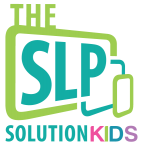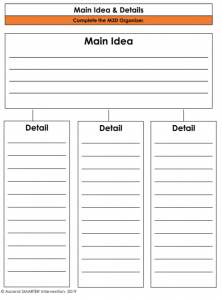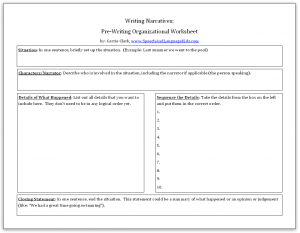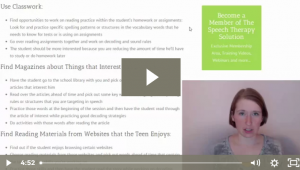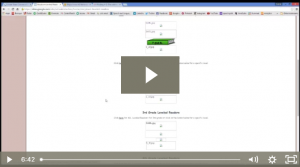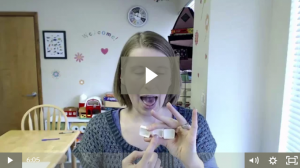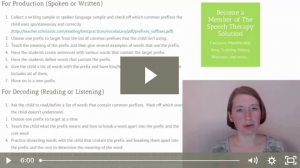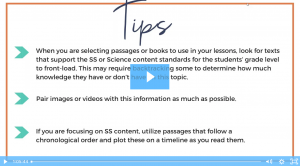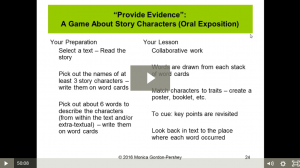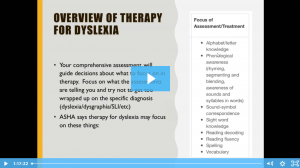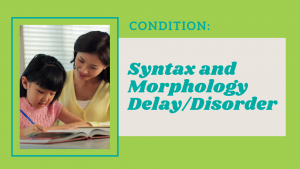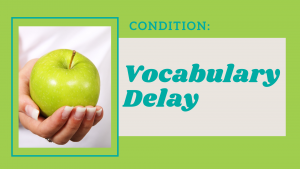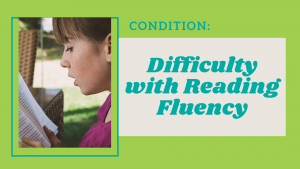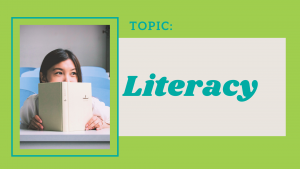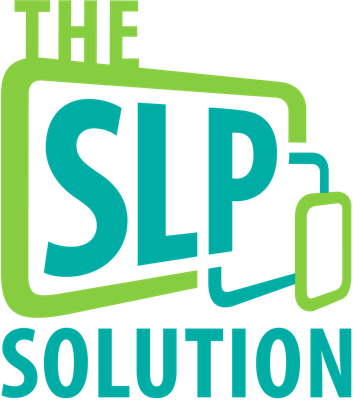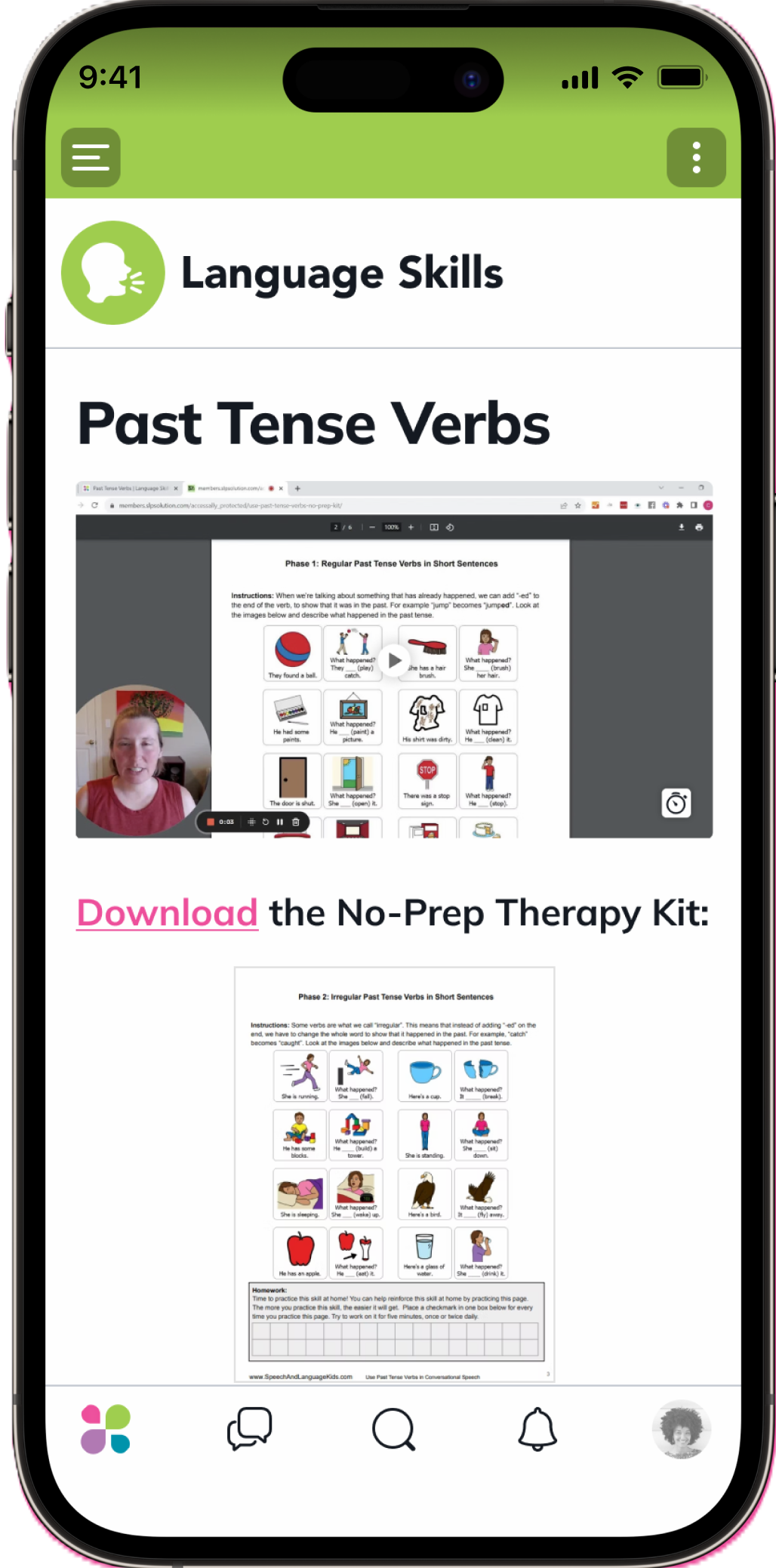Condition: Reading Comprehension Difficulties
Definition:
Reading comprehension is just one aspect of the larger skill of reading. The American Speech-Language Hearing Association (ASHA) defines reading comprehension as the ability to understand the meaning of written text. It further describes reading comprehension as:
- Comprehension is an integrated skill that includes having vocabulary knowledge, using cues (e.g., relational terms) to “unpack” complex syntax, and making sense of the different discourse structures (e.g., stories or expository text).
- Comprehension also requires application of executive functions (e.g., the ability to use prior knowledge and make inferences and predictions; the ability to monitor one’s comprehension).
Developmental Norms:
There are many different variations of developmental milestones for reading comprehension. Here are a few resources to help you determine where a child should be with his/her reading comprehension skills:
From Understood.org
https://www.understood.org/articles/en/reading-skills-what-to-expect-at-different-ages
- Preschool (3-4 yrs):
- Can retell age-appropriate stories
- Kindergarten (5 yrs):
- Can ask and answer who, what, where, when, why, and how questions about a story
- Can retell a story in order, using words or pictures
- Can predict what will happen next in a story
- Younger Grade-Schoolers (6-7 yrs):
- Can use context clues to sound out and understand unfamiliar words
- Will go back and re-read a word or sentence that doesn’t make sense (self-monitoring)
- Can connect what they’re reading to personal experiences, other books they’ve read, and world events
- Older Grade-Schoolers (8-10 yrs):
- Learns about prefixes, suffixes, and root words
- Can describe the setting, characters, problem/solution, and plot of a story
- Can identify and summarize the sequence of events in a story
- Can identify the main theme and may start to identify minor themes
- Can make inferences by using clues from the text and prior knowledge
- Can compare and contrast information from different texts
- Can refer to evidence from the text when answering questions about it
- Can understand similes, metaphors, and other descriptive devices
- Middle Schoolers and High Schoolers:
- Can analyze how characters develop, interact with each other, and advance the plot
- Can determine themes and analyze how they develop over the course of the text
- Can use evidence from the text to support analysis of text
- Can identify imagery and symbolism in the text
- Can analyze, synthesize, and evaluate ideas from the text
- Can understand satire, sarcasm, irony, and understatement
From the Common Core Curriculum
The Common Core Curriculum sets out reading comprehension skills for each grade level. This curriculum set has been adopted by many states in the United States and so is fairly wide-spread. Click on the link above to read the specific reading comprehension skills for each grade.
Evaluation:
Reading comprehension should be evaluated as part of a full literacy evaluation. As per ASHA, a literacy evaluation can include both formal and informal assessment activities:
- Formal tests of written language may be administered by the SLP or another member of the special education team (e.g., special education teacher or reading specialist). When another member of the team administers the tests, the SLP works collaboratively to coordinate assessments and to interpret the collective results of formal and informal spoken and written language assessments. When possible, use measures of oral and written language that have been co-normed on the same standardization samples so that their results may be compared directly. This allows for a more integrated approach to the assessment of language and literacy skills (Nelson, 2014b; Nelson et al., 2015).
- Informal activities can include strategic observations of students engaged in literacy activities and assessment of writing samples from curriculum-based activities. One advantage of informal curriculum-based assessment is that the SLP then can introduce scaffolding and instructional techniques to see how the student responds. These dynamic assessment techniques, which are not allowed during formal testing, can lead directly into intervention.
Suggested Goals and Materials:
The goals chosen will depend on the root cause of the client’s reading comprehension difficulties. Here are a few examples of goals that may be selected for a child with reading comprehension problems.
Therapy:
Here are some more resources and information that may help you when it comes to treating this condition.
Supplemental Resources:
Here are some additional resources that may help you when treating this condition
Short Videos:
5-15 minute videos that answer a question or go into one specific aspect of this topic
Webinar Recordings:
Hour-long webinar recordings that dive deep into a particular subject
Related Topics:
These other related topics may give you more resources and information to treat your client:
